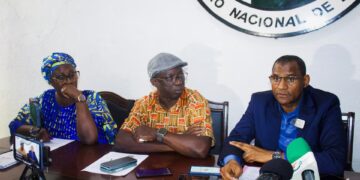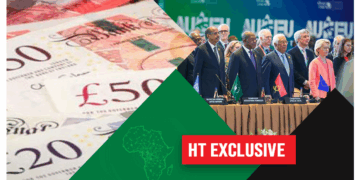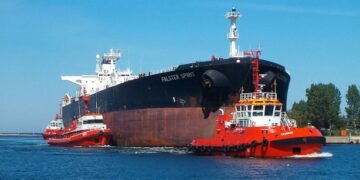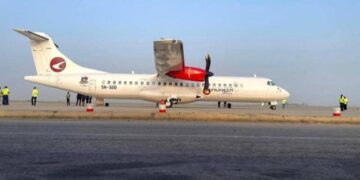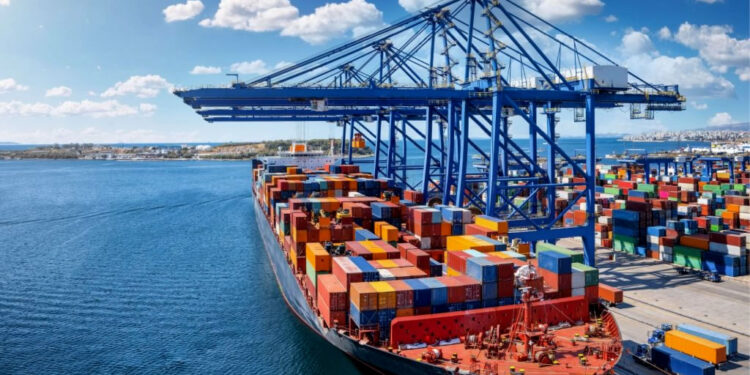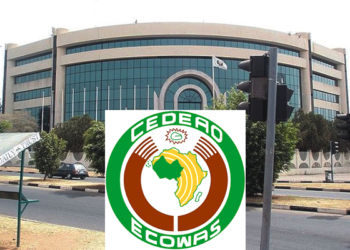In a landmark move for intra-African commerce, Namibia on Monday shipped its first official export consignment to Nigeria under the African Continental Free Trade Area (AfCFTA) agreement, marking the Southern African nation’s operational debut in the continent’s unified market.
The symbolic maiden shipment, a full container of Namibian salt, departed from the strategic Port of Walvis Bay during a ceremony presided over by Namibia’s Minister of International Relations and Trade, Selma Ashipala-Musavyi.
“This is more than commerce, it is a full-circle moment of African solidarity,” declared Ashipala-Musavyi, noting Nigeria’s historic support during Namibia’s liberation struggle. “By choosing Nigeria as our first AfCFTA trade partner, we honor that legacy while demonstrating Namibia’s readiness to compete in the pan-African marketplace.”
The shipment activates Namibia’s AfCFTA participation after ratifying the agreement in 2019 and finalizing its tariff schedules last December. The trade bloc, encompassing 54 nations and 1.3 billion consumers, aims to eliminate tariffs on 90 percent of goods and boost intra-African trade currently languishing at just 18 percent of total continental commerce.
Minister Ashipala-Musavyi positioned Walvis Bay, Africa’s second-largest natural harbor, as the springboard for future AfCFTA exports. These include premium beef and meat products, horticultural and agricultural goods, and value-added mineral commodities.
This development carries several implications. It represents a symbolic breakthrough as Namibia joins Ghana, Kenya, and others pioneering AfCFTA’s implementation. The logistics advantage is clear, as Walvis Bay’s deep-water port offers competitive access to West African markets. It also supports economic diversification by moving Namibia beyond reliance on traditional mineral exports.
As the salt shipment sails toward Lagos, trade analysts highlight its outsized significance. “This isn’t just about salt, it is about testing customs harmonization, payment systems, and logistics under AfCFTA rules,” noted Windhoek-based trade economist Ndapwa Alweendo.
With AfCFTA projected to increase intra-African trade by 52 percent by 2025, Namibia’s maiden voyage signals both its export ambitions and the bloc’s gradual transition from framework to functioning reality.
Next steps will see Nigeria expected to reciprocate with inaugural AfCFTA exports to Namibia. Walvis Bay is set to undergo infrastructure upgrades to handle the anticipated trade surge. Namibia’s trade ministry also plans AfCFTA awareness campaigns for local exporters.
This historic trade flow represents a microcosm of Africa’s integration ambitions, one shipping container at a time.











